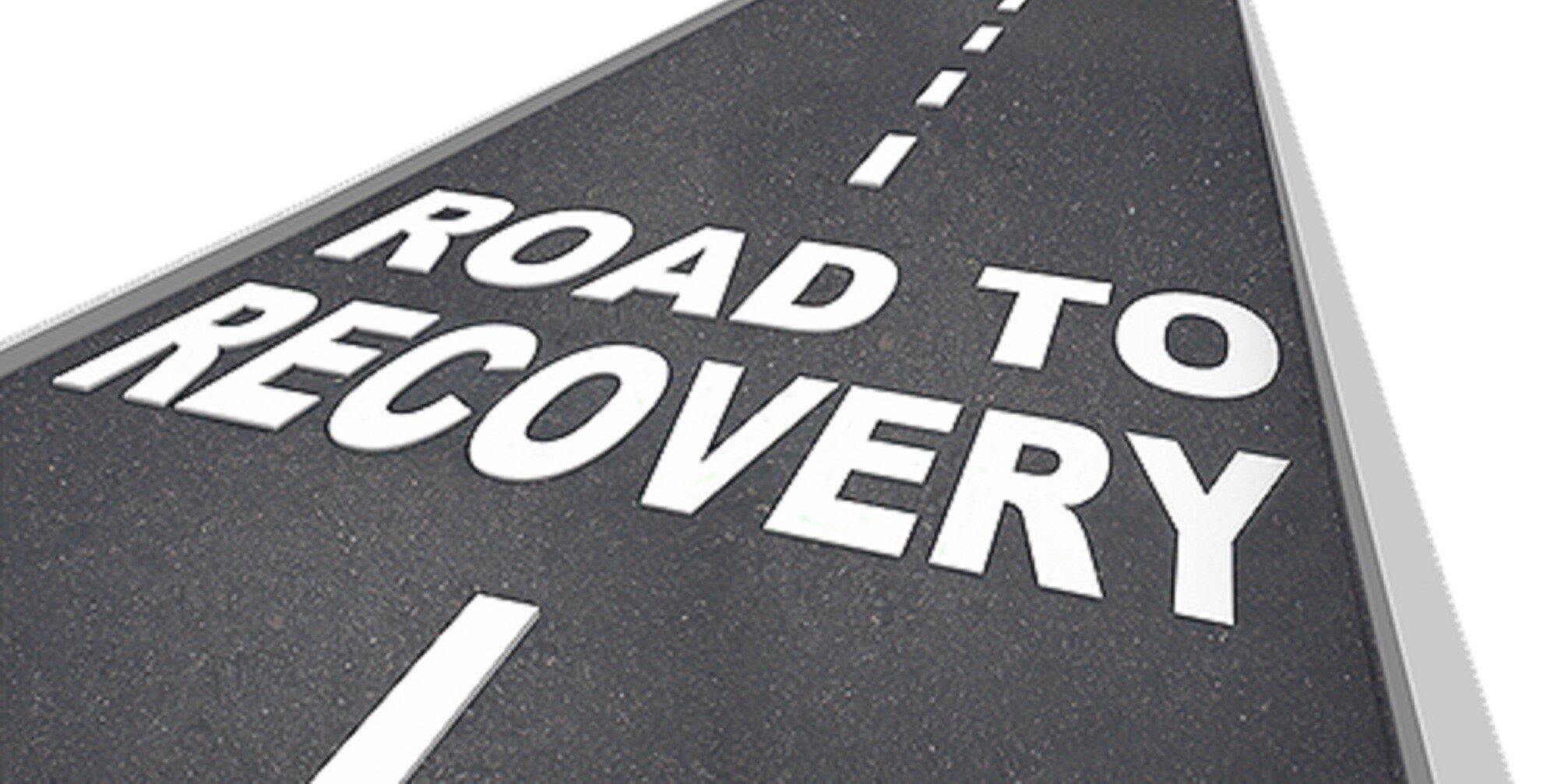A Roadmap to Resilience and Recovery
~Julie Myers, Psy.D., MSCP
 Recovery from substance abuse is a process unique to each individual. Despite those who believe otherwise, there is no single “right” path to recovery. Instead, each person has a unique set of challenges and must address those challenges uniquely. This is not to say that there are not techniques, tools, or methods that have been shown to be helpful in substance abuse treatment, but rather that because no one person’s history is exactly the same as another’s, no recovery will be exactly the same. Each individual must find their own path.
Recovery from substance abuse is a process unique to each individual. Despite those who believe otherwise, there is no single “right” path to recovery. Instead, each person has a unique set of challenges and must address those challenges uniquely. This is not to say that there are not techniques, tools, or methods that have been shown to be helpful in substance abuse treatment, but rather that because no one person’s history is exactly the same as another’s, no recovery will be exactly the same. Each individual must find their own path.
However, finding that unique path can be overwhelming, particularly because of the amount of information available from differing sources and viewpoints. This can leave an individual confused and sometimes fearful about which path is best for them. Sometimes, friends or family members, therapists, or self-help groups can help guide the individual. But sometimes, what really is needed is simply a roadmap, outlining the options available to an individual in different domains. Donald Meichenbaum has written such a roadmap.
Resiliency — “the capacity to adapt successfully in the presence of risk and adversity” — is at the core of addiction recovery.
Although not intended solely for those in recovery, Meichenbaum’s book, Roadmap to Resilience* remarkably addresses many of the key aspects that form the foundation of most recovery programs, addiction or otherwise. His book is an easy-to-use, comprehensive resource packed with practical coping strategies, action plans, checklists, and thought provoking, inspiring quotations from those who have experienced adversity, even encouraging readers to submit their own experiences to the book’s website. Dr. Meichenbaum gifts the reader with his 40 years of expert clinical experience and wisdom, all in one handy resource.
Roadmap to Resilience is organized by six domains: Physical, interpersonal, emotional, cognitive, behavioral, and spiritual resiliency. Resiliency — “the capacity to adapt successfully in the presence of risk and adversity” — is at the core of addiction recovery. Although the book’s target audiences are those who have suffered trauma, the process of recovery requires similar attention to these six domains. If resiliency is the ability of an individual to adjust to change and transform their lives, then almost anyone who has recovered from substance abuse has, in some way, been resilient.
This book is indeed a “roadmap”, rather than a directive. It offers the reader a broad depiction of the choices available for recovery, but with enough detail to navigate and put into practice specific tools. I would strongly recommend this book not only to anyone beginning their journey of recovery, but to anyone who wishes to bolster and improve their ability to successfully navigate their world.
Note: SMART Recovery is mentioned in the book as one of the helpful resources available for individuals trying to avoid mood-altering drugs. (p. 36)
*Meichenbaum, Donald (2012) – “Roadmap to Resilience: A Guide for Military, Trauma Victims and Their Families”, Institute Press, 211 pp.
Dr. Meichenbaum is one of the founders of Cognitive Behavior Therapy and is presently Research Director of the Melissa Institute for Violence Prevention in Miami.)
Dr. Myers and Dr. Meichenbaum together developed the SMART Recovery Activities Scale (SRAS) for Particpants and the SRAS for Facilitators
Reprinted with permission from SMART Recovery San Diego
Copyright (2013) Julie Myers, PysD: Psychologist in San Diego. All Rights Reserved.




